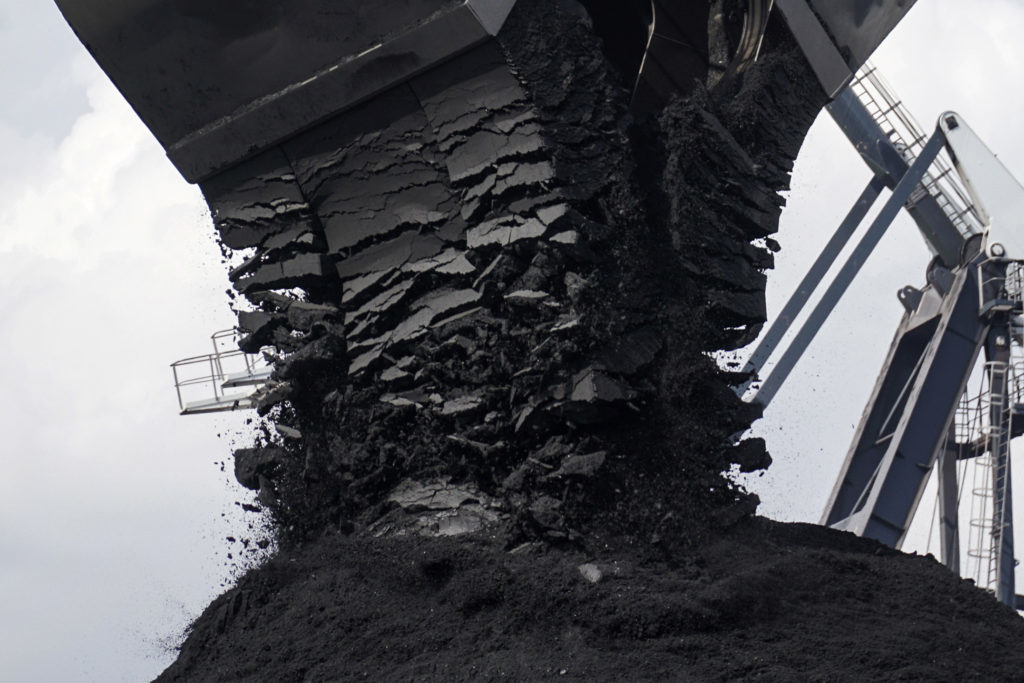
A Scottish renewables trade body has urged the country’s government to consign coal power “to the dustbin of history” if it wants to meet climate and health targets.
Scottish Renewables said today it was looking to the government to use its Energy Efficient Scotland programme, which launches in 2020, to tackle the issue of fossil fuel heating.
Fabrice Leveque, senior policy manager at Scottish Renewables, also urged the 14, 000 households still using coal power and the 186,000 using oil or bottled gas, to switch to “modern, low-carbon heating solutions”.
He said: “It’s incredible that in 2018 14,000 Scottish homes still rely on coal as their main source of heating.
“Coal-powered electricity generation has already become a thing of the past in Scotland and it’s time household coal heating was consigned to the dustbin of history too.
“Schemes like the Renewable Heat Incentive are available to help people switch to more sustainable alternatives and the benefits of doing so are clear: cleaner air, a healthier environment and less of the harmful emissions which cause climate change.
“The Scottish Government’s Energy Efficient Scotland programme launches in 2020 and we believe it needs to tackle the issue of coal heating, as well as the polluting oil and LPG systems which remain so common in the large areas of Scotland which do not have a mains gas supply.”
The Scottish Government has a target that 35% of residential heat should come from renewable sources by 2030.
Households which currently use coal, oil and LPG would need to switch to renewables by 2030 to hit that target.
Gina Hanrahan, head of policy at WWF Scotland said: “It’s really saddening to learn so many homes in Scotland are still forced to rely on dirty coal as the main source of heating. We know ending our use of fossil fuels is not only good for the environment, but also for our health.
“Heating our homes and buildings accounts for around half of all our energy and climate emissions. It’s time we saw bold leadership and action from the Scottish Government to accelerate the decarbonisation of our homes, especially in off-gas grid areas.”
